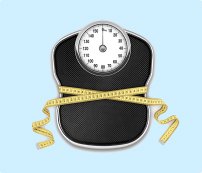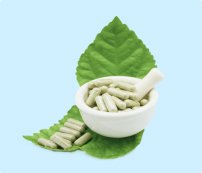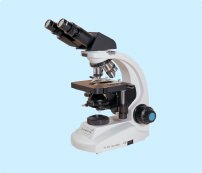
Menopause
1093 views
Dry Skin In Menopause? This Is What Can Be Done To Avoid It
Menopause is a phase of life in which many changes occur, and those changes can lead to a series of disorders and annoyances that must be dealt with. Even the skin suffers, more than you can imagine. We are not just talking about wrinkles and aging, but about lack of hydration. In fact, dry menopausal skin is one of the signs that our body sends us because something is changing. But why does it happen and what tricks can we take to avoid it?
Causes of dry skin in climacteric and menopause
The causes of dry menopausal skin are the same as all the other changes typical of this period: the reduction of estrogen and, in part, a physiological dehydration typical of aging. In fact, between the ages of 40 and 55, the production of estrogens drops, the menstrual cycle disappears, and a series of effects linked to the lack of estrogens occur.
Estrogens, the main female sex hormones, perform a series of functions in the body, including that of stimulating the formation of collagen and sebum, promoting skin hydration and counteracting free radicals that accelerate cellular agin. In menopause, therefore, the skin becomes thinner, less elastic, dry, and its processes of renewal and healing slow down.
With regard to dehydration associated with aging, on the other hand, it is a physiological phenomenon linked to the fact that as age advances we tend to lose more fluids and, at the same time, feel less the stimulus of thirst. Among the typical symptoms of menopause, dry skin is certainly one of the most easily managed, bringing some changes to the lifestyle, nutrition and hygienic and cosmetic treatments we dedicate to the skin.
What to do for dry menopausal skin
To keep the skin hydrated in menopause, obviously, it is imperative to satisfy the daily water requirement by introducing 1.5-2 liters of water per day (6-8 glasses of water), not forgetting that we also take water with food and, above all, with fruits and vegetables. Fruits and vegetables, on the other hand, also contain antioxidant substances, vitamins and minerals useful for combating cell aging.
The choice of soaps helps to counteract the dryness of the skin, opting for delicate detergents enriched with emollient and moisturizing substances. It is also necessary to get used to using water at the right temperature and for the right time, avoiding too hot water and too long showers because the natural hydro-lipid film of the skin (the protective oily layer) is excessively removed.
The hydrolipidic film performs an important function of protection from external agents that contribute to making the skin dry, and to preserve it it is good to use daily creams suitable for the type of skin. The skin, in fact, is exposed to cold, heat, dry air and UV rays at all ages, but these factors that influence the degree of hydration can further worsen the situation during menopause.
Changing your lifestyle is equally important, so it is good to give up smoking and reduce alcohol consumption and exercise, followed by a good reintegration of lost fluids. Physical activity is essential to reduce the risk of osteoporosis and maintain good health in the muscles, heart and blood vessels, as well as to improve skin health through better oxygenation.
In addition to dry, premenopausal and menopause skin, other skin problems can also develop, such as acne and the more or less frequent appearance of pimples. Also in this case the reason lies in the hormonal imbalance typical of this period, and the consultation of the dermatologist to resolve some situations may be appropriate.
Posted in Menopause
(0 voices, average: 5 of 5) 1093 views
































